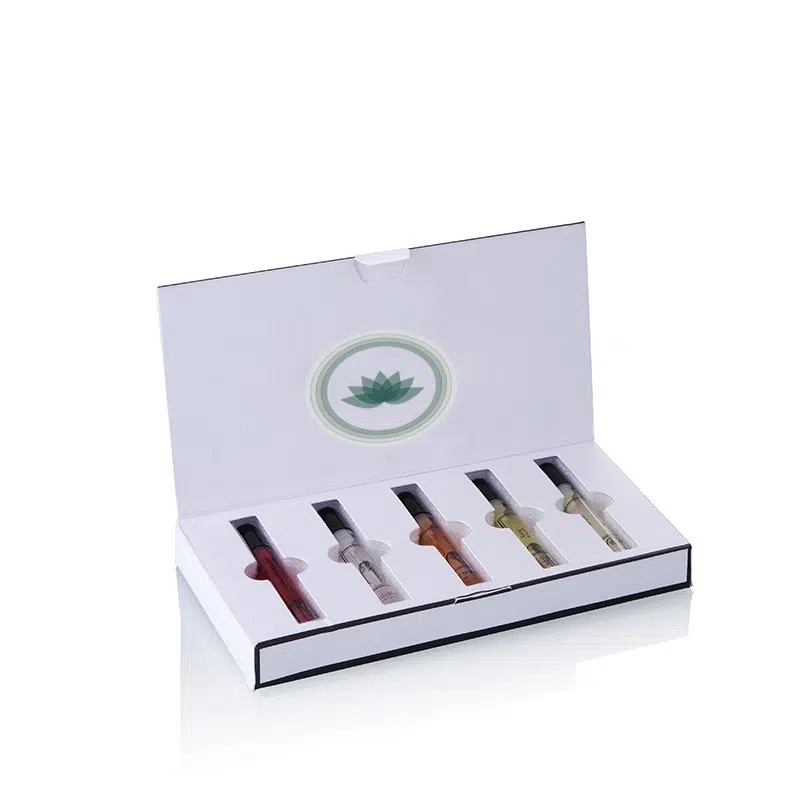This article delves into the characteristics, cost-effectiveness, and advantages of molded pulp and bioplastics as sustainable materials for perfume packaging, providing brands with essential insights to make informed choices.
Understanding Molded Pulp and Bioplastics
Molded Pulp
- Material: Crafted from recycled paper fibers, molded pulp is an environmentally friendly and biodegradable option.
- Durability: It offers excellent protection for delicate perfume bottles, ensuring safe delivery to consumers.
- Customizability: Molded pulp can be molded into various shapes and sizes to meet specific branding requirements.
Bioplastics
- Material: Derived from renewable resources like cornstarch or sugarcane, bioplastics provide a sustainable alternative to conventional plastics.
- Functionality: While these materials are biodegradable, they often require specific conditions for effective decomposition.
- Aesthetic Appeal: Bioplastics can be produced in numerous finishes, making them attractive to luxury brands.
Cost-Effectiveness of Packaging Materials
Molded Pulp
- Lower Production Costs: Generally less expensive to produce, making it ideal for high-volume orders.
- Economical Materials: Use of recycled materials reduces costs while promoting sustainability.
- Efficient Production: The production process allows for quick turnaround times, catering to fast-paced market demands.
Bioplastics
- Higher Material Costs: Bioplastics are typically more costly, reflecting the price of raw materials and processing.
- Long-Term Investment: Despite higher initial costs, the increasing consumer preference for sustainable products can enhance brand loyalty and sales.
- Market Differentiation: Using bioplastics can elevate a brand's image, appealing to eco-conscious consumers and distinguishing products in a competitive market.
Advantages of Each Material
Molded Pulp
- Sustainability: Fully biodegradable and compostable, aligning with eco-friendly practices.
- Versatility: Ideal for diverse packaging needs, from single bottles to multi-pack configurations.
- Consumer Confidence: The use of recycled materials fosters trust among environmentally-conscious consumers.
Bioplastics
- Innovative Appeal: Bioplastics offer a contemporary touch, attractive to brands wanting to showcase innovation and sustainability.
- Durability: Provides a robust yet lightweight option, reducing shipping costs.
- Custom Branding: Enables intricate designs that enhance brand identity and consumer experience.
Certifications for Sustainable Packaging
As sustainability becomes a priority, certifications for biodegradability are crucial. They provide assurance regarding the claims of materials used in packaging. Key certifications include:
- ASTM D6400: Certifies that a product is compostable in industrial facilities.
- EN 13432: A European standard for biodegradable and compostable packaging.
- BPI Certification: Ensures compliance with ASTM D6400 standards, providing consumer and manufacturer assurance.
- FSC Certification: Guarantees that paper products come from responsibly managed forests.
Both molded pulp and bioplastics offer unique benefits and challenges for perfume packaging. While molded pulp presents a more cost-effective and sustainable solution, bioplastics provide innovative appeal and brand differentiation. Brands committed to sustainability must understand these options to align with consumer expectations and enhance their market presence.

